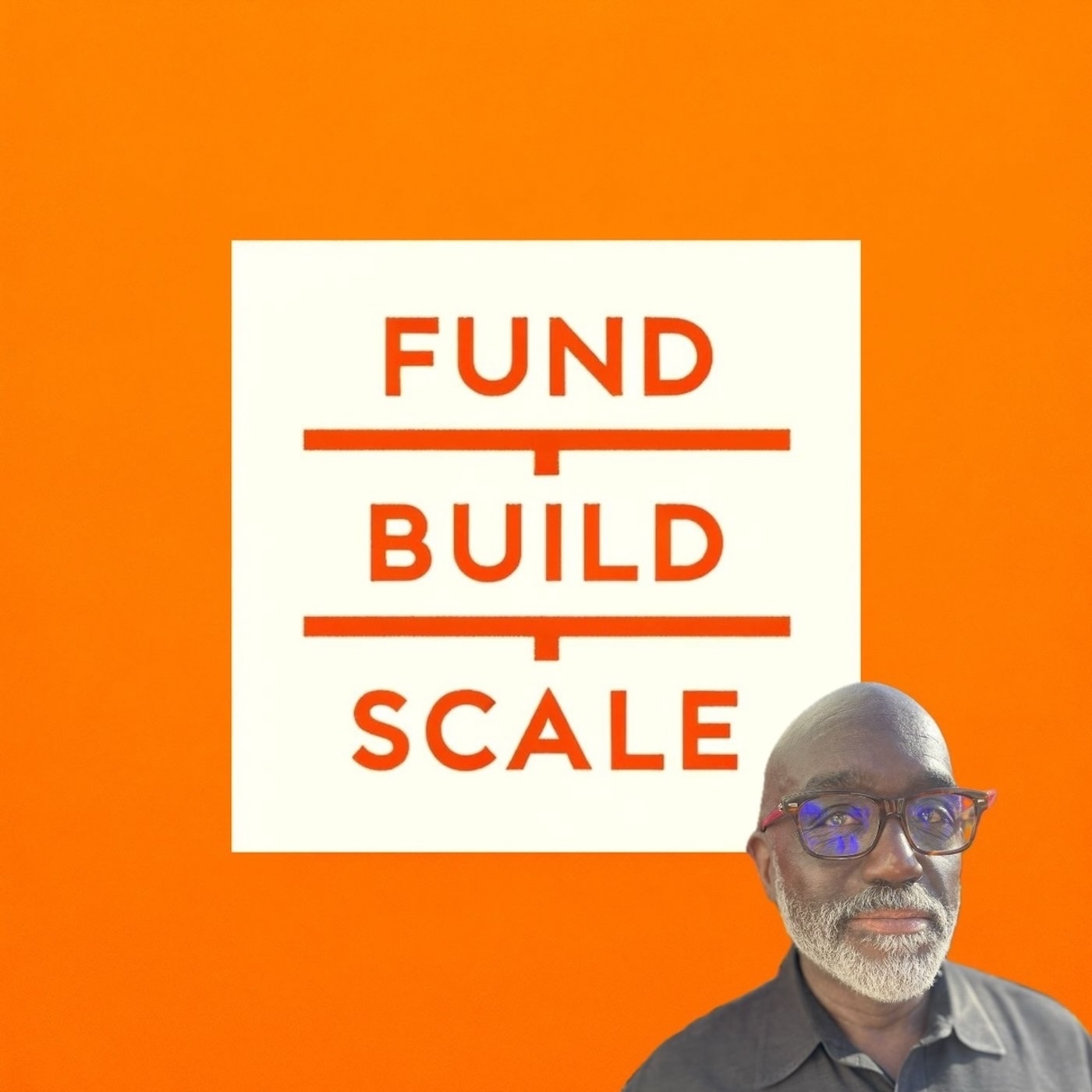Navigating the coming Series A crunch with Point72 Ventures' Sri Chandrasekar
Description
Before Sri Chandrasekar became managing partner at Point72 Ventures, he was a Senior Vice President at In-Q-Tel, the non-profit VC firm that invests in startups on behalf of the CIA and other national intelligence agencies.
That work cultivated his interest in AI and ML a decade ago, which led hedge fund Point72 to recruit him to join its then-new venture arm in 2017. Fast-forward to 2024, Sri takes around 300 first-call meetings with founders each year.
While we had an extended discussion about his investment thesis and the types of opportunities he's targeting, he also offered key insights into the current early-stage fundraising environment and spoke about the growing difficulty for startups seeking Series A funding, compared to the relative ease of raising seed rounds.
AI-related startups need more capital than ever to launch a MVP, leading to larger seed rounds without increasing dilution for founders. However, this drives up valuations, and when startups reach the Series A stage, investors hesitate to pay high prices for companies with limited traction.
“I think a lot of seed-stage founders are going to see this in the next year or two,” he said. “They're going to raise a Series A and they're going to be not up rounds, they'll be flat rounds.”
42:21 minutes
Episode breakdown
(1:45) “In-Q-Tel is the best place in the world to learn about venture.”
(3:53) “Machine learning and AI is gonna be the most transformative force to our economy since the steam engine.”
(8:55) “I think we're six to twelve months away from the trough of disillusionment.”
(11:52) “It's easier than ever to build a prototype of anything… and the hardest that's ever been, in my opinion, to raise a Series A.”
(15:27) The differences between working with technical and non-technical founders
(19:23) “I'm starting to think that Herman Miller Aeron chairs probably hold their value longer than GPUs.”
(21:16) “Returns are getting compressed, and something's got to give, right?”
(24:21) What real repeatability actually looks like.
(27:33) “It's really important to not get ahead of yourself in terms of marketing and branding until you have clarity around, ‘do I have product-market-fit?’”
(31:26) Sri breaks down the “triple-triple-double-double-double” growth framework.
(34:39) Advice for founders who need help de-risking themselves.
(37:43) “I don’t know what the point of being in stealth is.”
(40:47) What would Sri ask an early-stage CEO if he were interviewing for a job?
Links
Sri Chandrasekar
Point72 Ventures
Subscribe to Fund/Build/Scale
📓Substack: https://fundbuildscale.substack.com
🎧 Apple Podcasts: https://podcasts.apple.com/us/podcast/fund-build-scale/id1719488387
🎧 Spotify: https://open.spotify.com/show/0EbC8PTUSfpZ4USPC9ErnN
Thanks for listening!
– Walter.
More Episodes
If you want a healthy relationship, it’s essential to set clear expectations and boundaries from the start.
The same holds true for a founder and their board. Despite the power dynamics, CEOs can still create a transparent communication framework that respects everyone’s limited time.
In part...
Published 10/28/24
Published 10/28/24
In 2011, Tracy Young co-founded PlanGrid, which made software for construction teams. After scaling the company to 450 people and raising $69 million, it was acquired by Autodesk in 2018 for $875 million.
That’s a win, but Tracy and her partners didn’t go for the exit because they’d reached the...
Published 10/27/24


